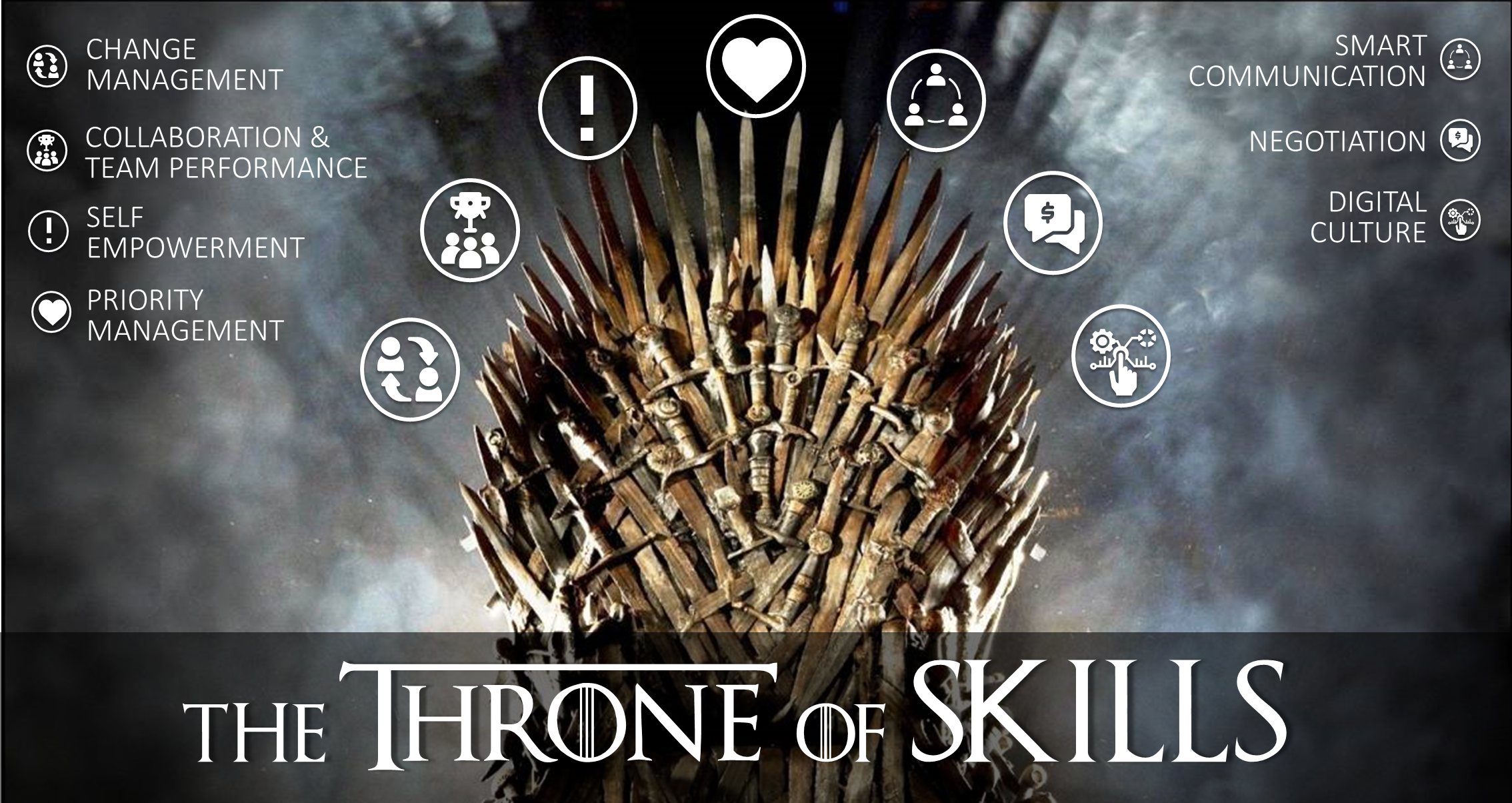Change Management: the need to adapt quickly
Published on 16/05/2019
- following the appointment of her father as the First Knight, Sansa lacked lucidity in reading the context, showing on one hand a decent ability to adapt, almost opportunistically, and equally a spirit of rebellion towards her family.
- despite her trust being seriously betrayed by her future husband (who does justice to her father), Sansa's behavior does not change and puts up with 'expensive compromises'.
- In her second marriage (a persecuting maniac this time round), she ends up reliving a situation similar to the previous but that was where her new life begins. Sansa begins to have a clearer vision of her life, her role and her needs.
- She identifies a benign figure who was to become a great support and destiny changer; and began managing facts and events in her life proactively.
- Her decision to involve an allied army, asking for supportin a subsequent battle - proves to be an important decision. It is the result of an improved ability to analyse change, greater convictionin own's own means and greater determinationin pursuing one's own ideas.
Missed the first article on the 'Throne of Skills' series? Head to the introductory chapter here.To find out more about Change Management, or the course "Change Management: from the conception of the project to Leadership in Change", contact us today!

